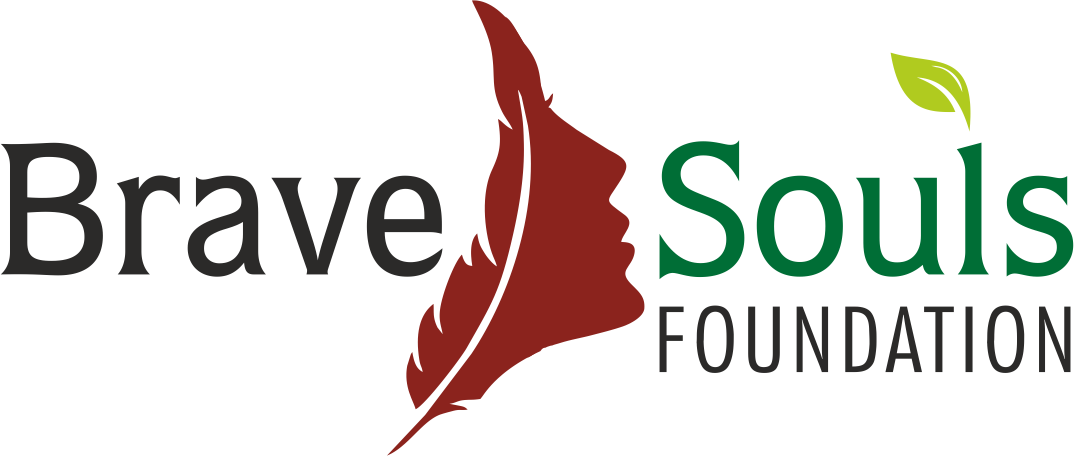Eye Check-Up Camp
6th Apr 2022, Delhi





Acid attacks happen worldwide and affect its victims grossly. A heinous form of violence, it happens across genders but disproportionately affects women. The highest prevalence is in South Asian countries, including India, where acid remains inexpensive and openly available. These cases may go unpunished, making survivors of acid attacks live in fear of retaliation for reporting. Acid attacks are often referred to as “crime of passion” because they are fuelled by revenge or jealousy. Statistics suggest how easily a person can have their way by splashing a liquid, catching its victims off guard. Consequently, the victims face unimaginable and endless psychological, social, and economic challenges. In most cases, perpetrators splash the acid on the victim’s face, affecting a sensitive organ grievously – the eyes. Areas such as the cornea of the eyes are burned immediately upon contact with acid. Eyelids burn off or are deformed, leaving the eyes extremely dry. Corrosives can also cause severe eye burns and partial or complete vision loss, sometimes permanent, along with permanent scarring of the face and body. The extreme form of damage may require multiple surgeries, including eye transplants. These injuries warrant prolonged medical attention and intensive care, including regular eye check-ups and other courses of action based on the damage. However, some survivors may be unable to afford good healthcare considering the cost of such intricate cases. According to the National Crimes Record Bureau (NCRB), in 2018, there were 228 acid attacks reported in India. However, many attacks likely go unreported. Hence the number of actual attacks would be much higher. Research says that most victims are women and girls, and most attacks often occur publicly in spaces like colleges, roads, and schools. In recent years, the Indian government has taken measures to address the issue by passing new acid-specific legislation around the control of the sale of acid and compensation for survivors. Acid Survivors Trust International says that in most cases (76%), the attack is committed by a person who is known to the victim. To help our survivors become self-reliant and help with their economic circumstances, a free eye check-up camp was organized on Apr 6, 2022, by Brave Souls Foundation in association with Meer Foundation & Vision Spring at Greater Kailash, on World Health Day. Brave Souls Foundation put great efforts in ensuring that survivors in need from near and far visited the camp. They were provided with breakfast, snacks, and lunch. At 11.30 am, the day commenced with a team of eye-care experts briefing the survivors the purpose of the camp. Free lenses, spectacles, and sunglasses were distributed as a token of gratitude. Other gift items like dinner sets and boxes of sweets were also distributed to commemorate this camp. The survivors poured their hearts out in gratitude to the organizers. Geeta, an acid attack survivor, says, “Such initiatives are extremely helpful for people like me, who cannot afford expensive check-ups or even a pair of worthy spectacles. The doctors at the camp treated us very well”. Overall, the camp was successful and benefitted 19 survivors & 3 other staff members.


